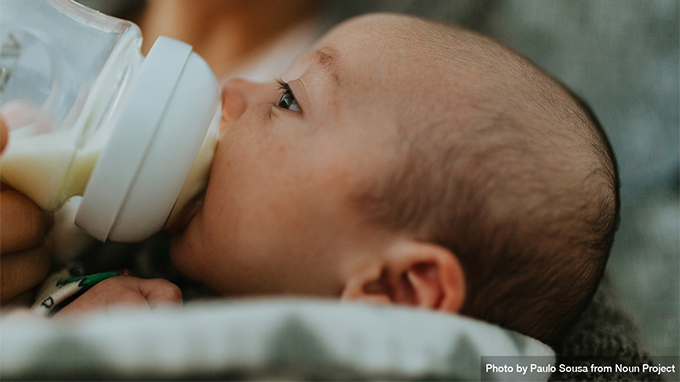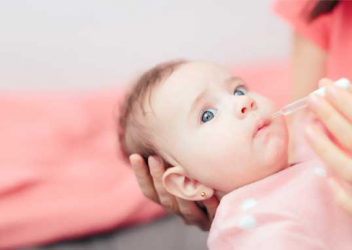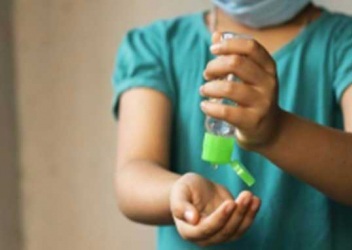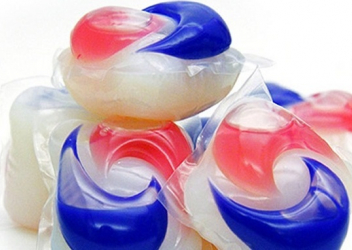Research In Action
Research In Action
Breadcrumb

Many people are aware of the risks associated with alcohol intoxication in teenagers and adults. But did you know that alcohol can pose a threat to even the youngest of children—including infants?
We recently published a study in Clinical Toxicology that described infant exposures to beverage alcohols. Using U.S. Poison Control Center data over the past decade, we found that there were 1,818 calls to poison centers regarding alcohol exposed infants less than one year of age. Approximately 8% of these exposures led to a serious medical outcome, and five infants died.
A Unique Danger
Babies are at a greater risk of life-threatening alcohol intoxication compared to older individuals. Several aspects of an infant’s physiology influence this risk:
- A small amount of alcohol can have a greater effect on an infant’s blood alcohol levels compared to an older child or adult. Also, infants and young children can become seriously intoxicated at lower blood alcohol levels compared to older individuals.
- Babies’ nervous systems are not fully developed and can be affected in more serious ways by alcohol. One example of this is that alcohol can impair the ability of infants to breathe on their own, which could lead to respiratory failure.
- Alcohol can affect an infant’s ability to feed. Infants rely on regular feedings to maintain their hydration and blood sugar levels. Dangerous clinical effects related to low blood sugar or dehydration can occur in intoxicated infants.
Mixing Mix-Up
We were interested in figuring out how and why infants were getting exposed to alcohol. To do so, we performed an in-depth chart review on a subset of Poison Control Center records for exposures reported in the states of Pennsylvania and Delaware. Among these, we found that nearly 40% of exposures were due to alcohol being mixed into infant formula by an unsuspecting caregiver. Often times, this happened because a clear alcohol (such as vodka or gin) had been placed in an improper container (such as a water bottle).
Safety Tips
As we enter the holiday season, there are several safety tips that you can remember to help keep babies and young children safe:
- Do not transfer alcoholic beverages from their original container into other containers.
- Store alcoholic beverages out of reach from children and away from infant formula supplies.
- Do not leave children unsupervised around alcoholic beverages.
- Clean up and discard alcoholic beverages after any gathering or party and before going to bed.
Most importantly, if you suspect an infant or child has ingested alcohol, immediately call the Poison Help Hotline at 1-800-222-1222.




